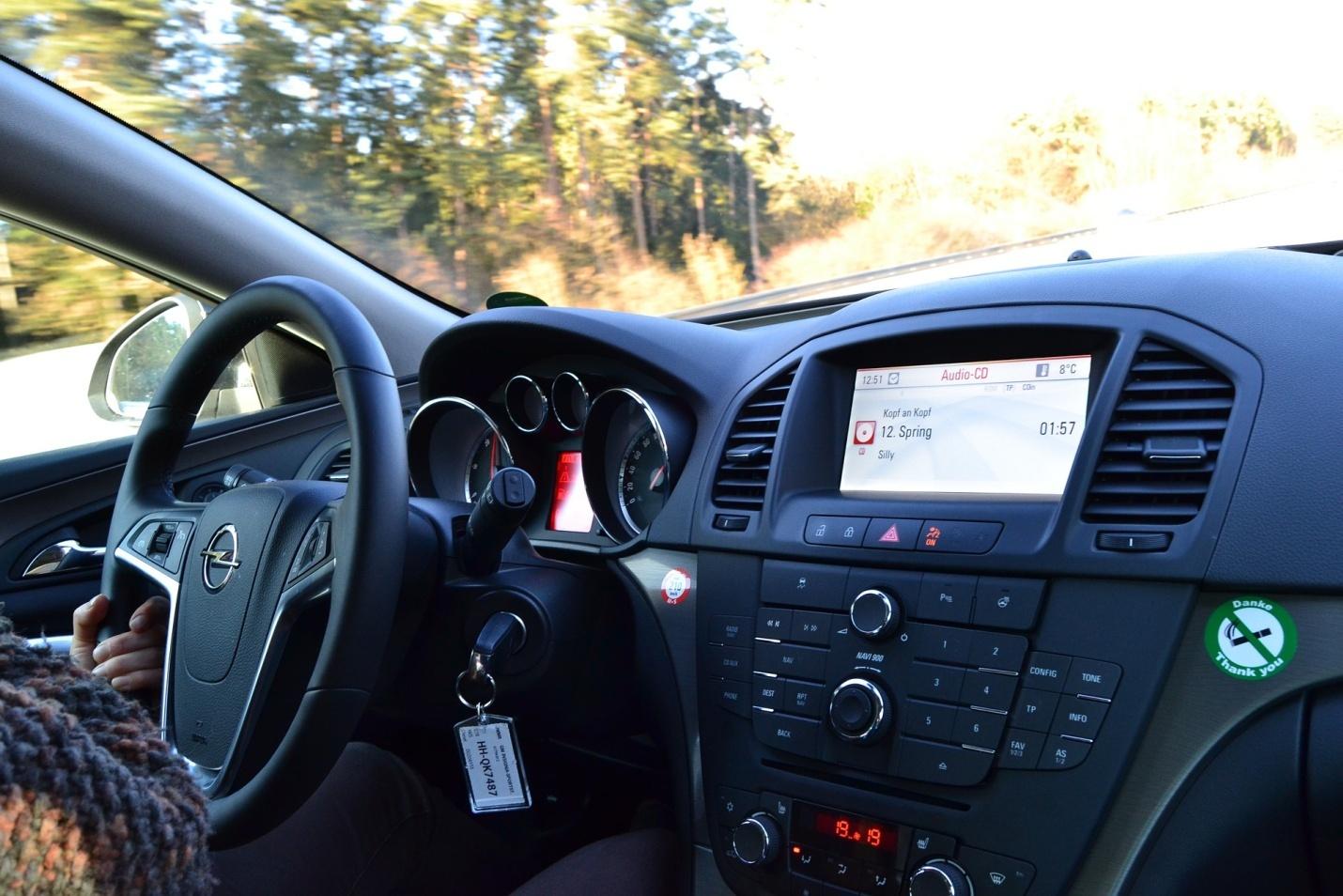
Many people who decide to own a vehicle neglect to consider one thing – the actual cost of ownership. Of course, everyone knows that owning a vehicle is expensive – there is a lot to consider when it comes to the cost, such as the vehicle’s price, the cost of financing, the insurance, the maintenance, and the taxes – but there are other costs besides this. Fortunately, there are ways through which you can save money when it comes to car ownership, so here’s what you need to know about the total cost of owning a car.
- The fuel
Everyone knows how expensive gas is nowadays, and the cost of fuel is something that would make a serious dent in your finances. But it’s essential to take into account the amount of fuel that you need for your vehicle each year, and how much you pay will be based on the miles you get per gallon with your car, the conditions of the road where you live, and the price of gas where you live, which can vary greatly.
- The financing charges
For many, the average financing charge would be around $700 to $900 per year, assuming you bought your vehicle with a down payment of 10 percent, a loan of five years, and standard credit. But what if you didn’t? The amount will then depend on your down payment’s size, the length of your auto loan, and your credit.
- Tires and maintenance
The mounting cost of maintenance and tires are other vital considerations, and if you have a car that’s already a few years old, you would have to factor in double the rate for new cars. But the cost of maintenance and tires will be up to you – if you make it a point to care for your vehicle and maintain it, the costs can be lower.
- The cost of depreciation
It is another factor many people don’t think about, but it has to be included in the equation because it makes a difference, too. An average car will lose its value by as much as 11 percent just by leaving the car lot – especially with new vehicles. Used cars are often better at depreciation because they will have already lost most of it by the time you decide to buy them, as a used and new car dealer like Youngautomotive.com explains.
On average, a new vehicle will lose most of its value in the first three years, and, during the first year, it is set to lose about 30 percent of its value, and it will lose about 15 percent per year in the years after. But these are just standard rates – each car is different, and the depreciation will vary according to the model and make, the mileage, and even the car’s condition.
- Insurance
Insurance is one of the highest costs you have to contend with if you own a car, and the good thing about it is that there are lots of discounts available so that you can take your pick. Check for insurance that offers affinity discounts and group discounts, and other insurance companies provide discounts to seniors and military personnel, too.









